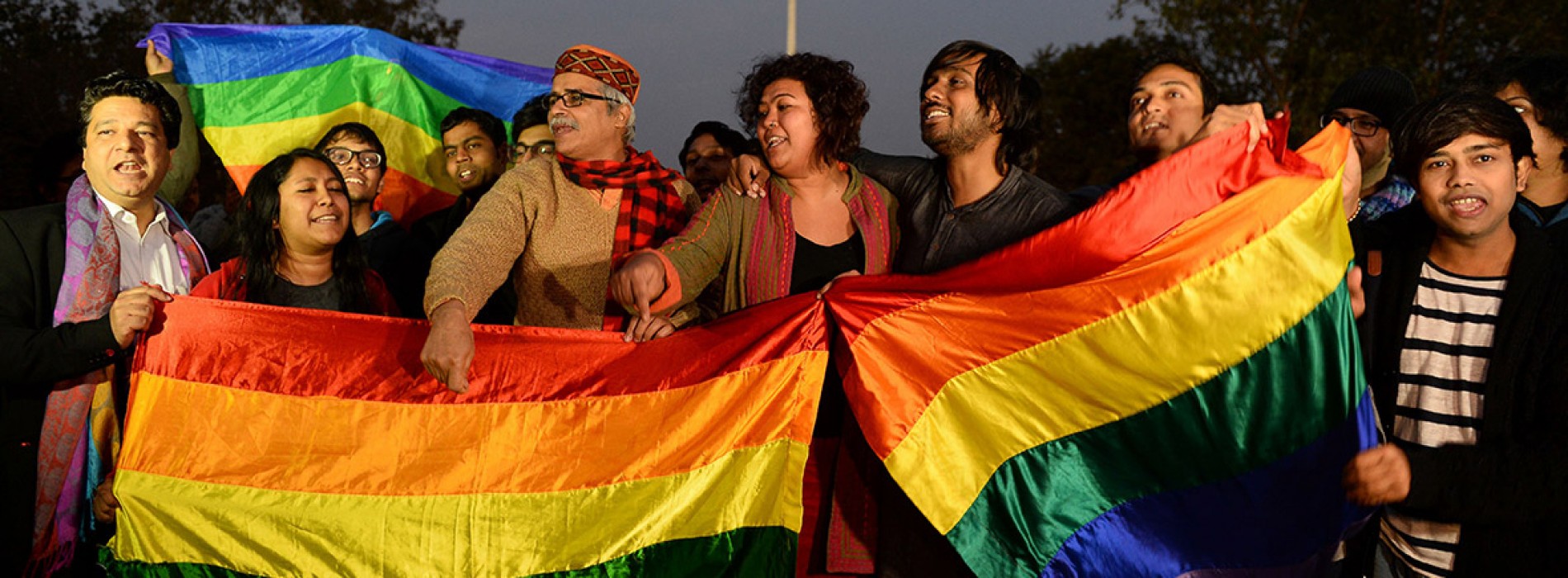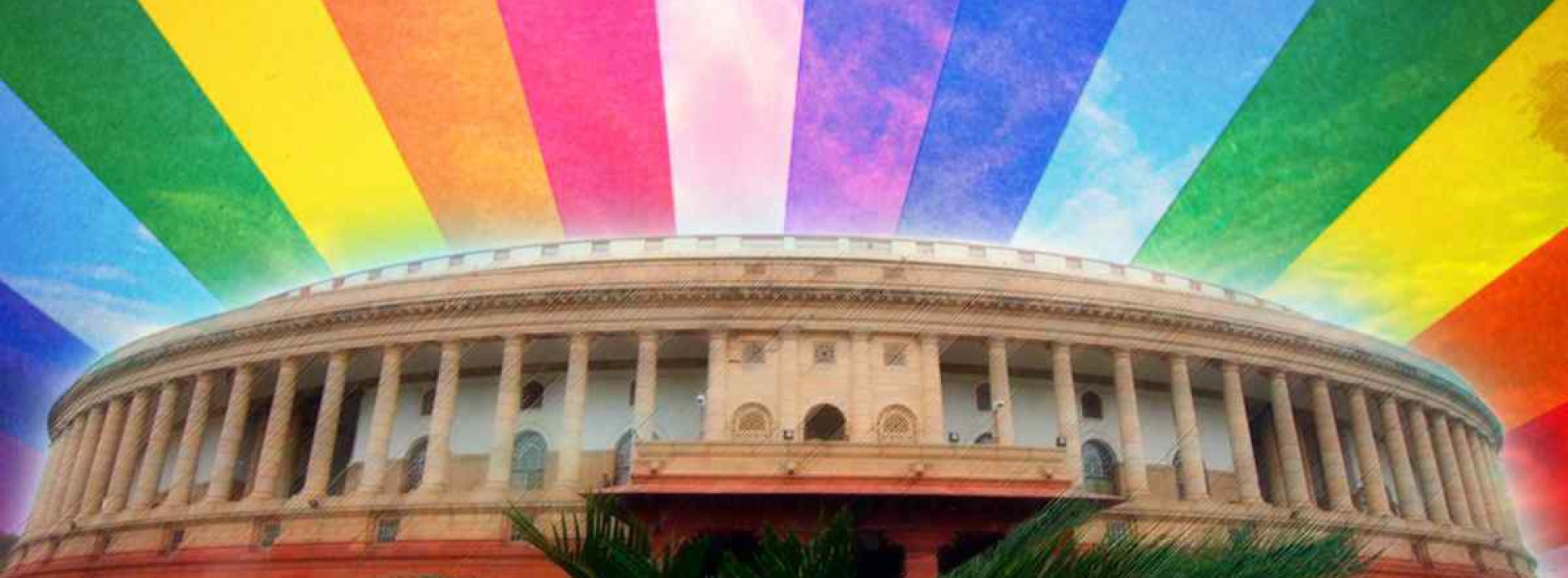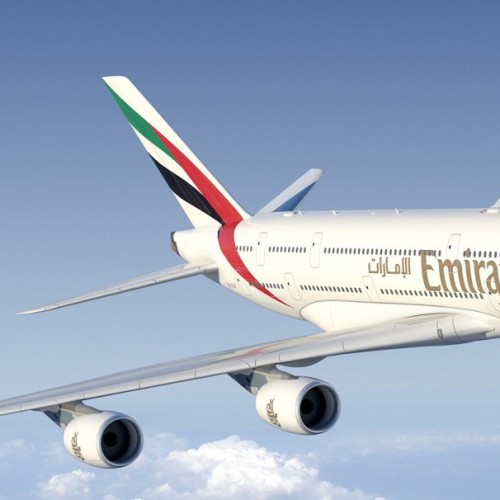India eyes for a lucrative ‘pink economy’ post anti-gay law abolishment
From LGBT nightclubs to “gaycations” and more, a court ruling legalising homosexuality in India is set to unlock one of the world’s largest “pink economies”, according to analysts. The Supreme Court’s historic decision last week to scrap a colonial-era ban on gay sex sparked joy as activists held rainbow-coloured celebrations across the country.
Now the community can expect to see businesses lining up to offer a range of tailored products, in fashion, health and other industries, providing a massive boost to Asia’s third-biggest economy.
“It can bring billions of dollars to the Indian economy if they can activate the spending of gay people in India,” said Keshav Suri, a hotelier and petitioner in the landmark case. “There is business to be done, real estate to be bought and sold, holidays and all the services that go with that.
“The value of the pink economy and the social aspects of the LGBT community are too large now for us to ignore,” added Suri, executive director of the Lalit hotel group.
India is home to more than 55 million LGBT adults, according to Out Now Consulting, a marketing agency that helps businesses target gay and lesbian consumers. Their nominal income is around US$113 billion annually, the firm estimates. LGBT couples have fewer children than other groups and higher-than-average salaries, meaning plenty of disposable cash.
“They represent one of the world’s largest LGBT markets,” said Ian Johnson, the founder of the Australia-based Out Now Consulting. He predicts that drinks brands and travel companies will be the first to target the LGBT community following the scrapping of Section 377, which was introduced 157 years ago.
LGBT bars, clubs and cafes will provide new employment and boost sales in the food and alcohol industries while people will be able to attend holidays designed specifically for the gay market without fear of legal reprisal.
Nakshatra Bagwe, a Mumbai-based entrepreneur, runs The BackPack Travels, a company specialising in organising trips for LGBT tourists. He said it has been profitable since it was set up in October 2016 but he expects to see an increase in revenue following the law change.
“With legality and freedom on our side businesses will invest in the community and opportunities will increase in the coming years,” he said.
Inder Vhatwar, another businessman based in Mumbai, also hoped to profit from the ruling by judges who said members of the gay community deserve an apology for the treatment they have suffered. Shortly after gay sex was briefly decriminalised before by the Delhi High Court in 2009, Vhatwar opened a store called D’Kloset in Mumbai’s trendy neighbourhood of Bandra, where several Bollywood stars live. He sold glitzy clothes, handbags and party masks but after the ban was reinstated in 2013 Vhatwar was evicted by his landlord.
“I faced a lot of challenges due to Section 377 and had to shut down but with this recent judgment I am planning to start the store again,” the 37-year-old said.
Gay sex has long been a taboo subject for many in socially conservative India, with religious groups in particular fiercely opposing any liberalisation of sexual morality. The World Bank said in a 2014 report that homophobic attitudes and a reluctance to hire LGBT people hampered India’s economic growth by up to 1.7 per cent annually.
Research shows that LGBT-friendly policies in the workplace, such as equality training and non-discriminatory hiring practices, can boost profitability. Activists hope the court ruling will help shift attitudes and boost the LGBT community’s economic engagement as the commercial benefits are realised.
“The LGBT community is definitely an untapped market. The business potential is huge and set to grow,” said Parmesh Shahani, who heads up the cultural arm of India’s Godrej conglomerate.
“The verdict will catalyse change and more companies will invest in products and services catering to the community. I hope the judgment creates more jobs and companies vie for LGBTQ talent.”
You might also like
Emirates sets new record with over 1 million Wi-Fi connections on board
Emirates has set a new record with over 1 million Wi-Fi connections made on board its flights in March alone. During the month, 1,037,016 Emirates customers connected to the internet
Make In Odisha caravan reaches Delhi for its final leg of Countrywide Roadshow
Make in Odisha Conclave to be held in Bhubaneswar from 30th November to 2nd December 2016 After completing successful roadshows at Hyderabad & Kolkata, recently the final leg of Make
Madame Tussauds brings Bollywood to life in Times Square
Madame Tussauds New York will bring Bollywood to life in Times Square with an all new limited-time-only Bollywood Experience launching today. Visitors will come face-to-face with figures of some of India’s most iconic










